Dasbe
Digital Academy for the Sustainable Built Environment
A hub for upskilling, capacity building and education in the construction sector.
Energy Efficiency
The residential sector accounts for 25% of all energy used in Ireland. New buildings must meet an nZEB standard by 2020.
Circular Economy
The residential sector accounts for 25% of all energy used in Ireland. New buildings must meet an nZEB standard by 2020.
Digital Skills
A strong digital economy powered by Europeans with digital skills is vital for innovation, growth, and jobs.
Find Your Programme
Programme Category
Programme Provider
What is the DASBE Project?
The Digital Academy for the Sustainable Built Environment (DASBE) is providing blended education in critical areas needed to upskill the construction and retrofit sectors.
DASBE is focusing on three core themes: energy efficiency, the circular economy, and digital skills for sustainable building.
DASBE is a partnership between the Technological University of the Shannon (TUS) and Atlantic Technological University (ATU), along with industry partners the Irish Green Building Council and Tipperary Energy Agency and is funded by the government’s Human Capital Initiative Pillar 3.
DASBE partners are involved in numerous projects including Horizon Scanning, VR, Living Labs, and the Digital Platform.
Are you a higher education institute, vocational organisation or industry body and want to work with us on this exciting initiative? Contact the DASBE team here.
Explore Featured Programmes
Testimonials
Energy Renovation of Traditional Buildings
Angela Naughton
Senior Assistant Chief Fire Officer, Clare County Council
Higher Diploma in Residential Energy Retrofit Management

Shannon Barry
Human Resources

Certificate in Community Energy Development
Clare Lee
Climate Action Co-ordinator, Tipperary County Council
Energy Renovation of Traditional Buildings
Angela Naughton
Senior Assistant Chief Fire Officer, Clare County Council
Higher Diploma in Residential Energy Retrofit Management
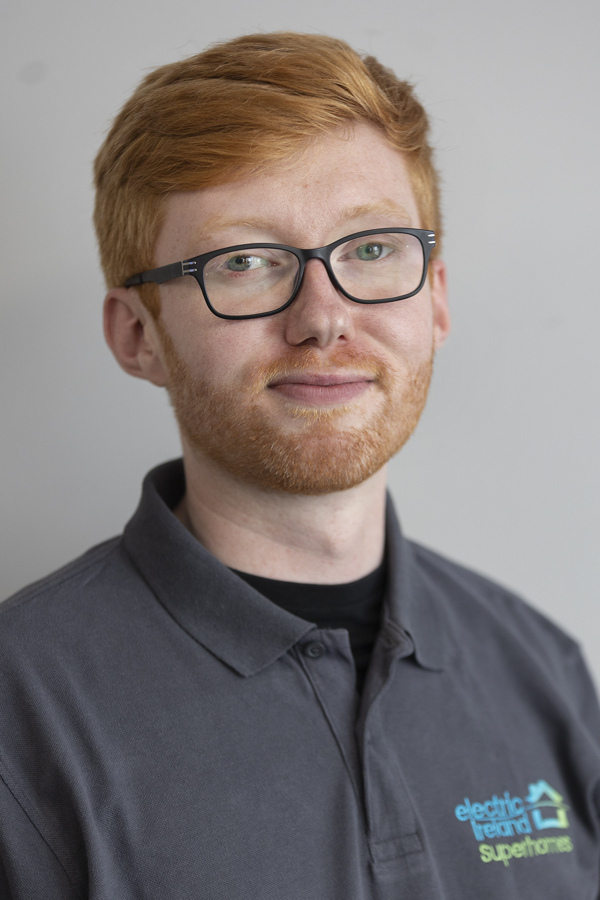
Tommy Kearney
Human Resources

Certificate in Community Energy Development
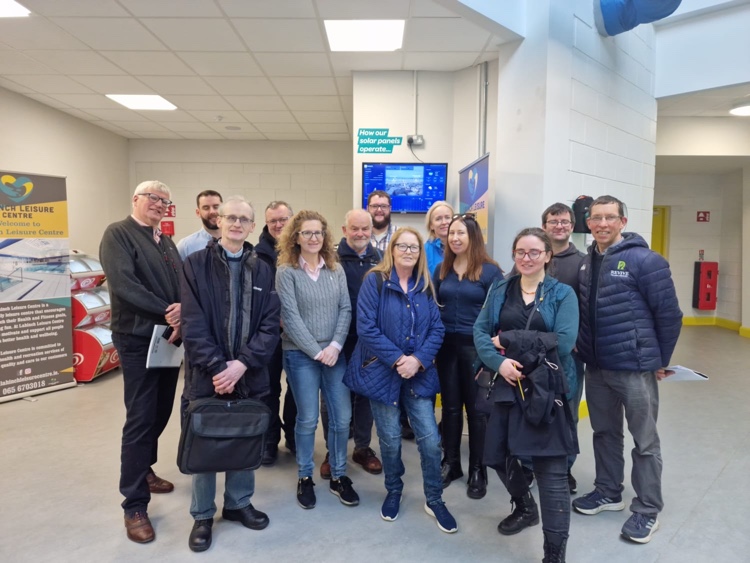
Jim Kenehan
Graduate
Masters in Sustainable Energy Systems Management
The SESYM course overall is packed with opportunities to allow you to flourish into a profound and recognised professional in the field. You will feel a strong level of support from start to finish, be it from past students, lecturers, energy professionals etc. whom are involved in the alumni, you will never feel alone.

Kayleigh-Ann Myles
Student
Our Partners
The following technological universities and organisations are the DASBE partners
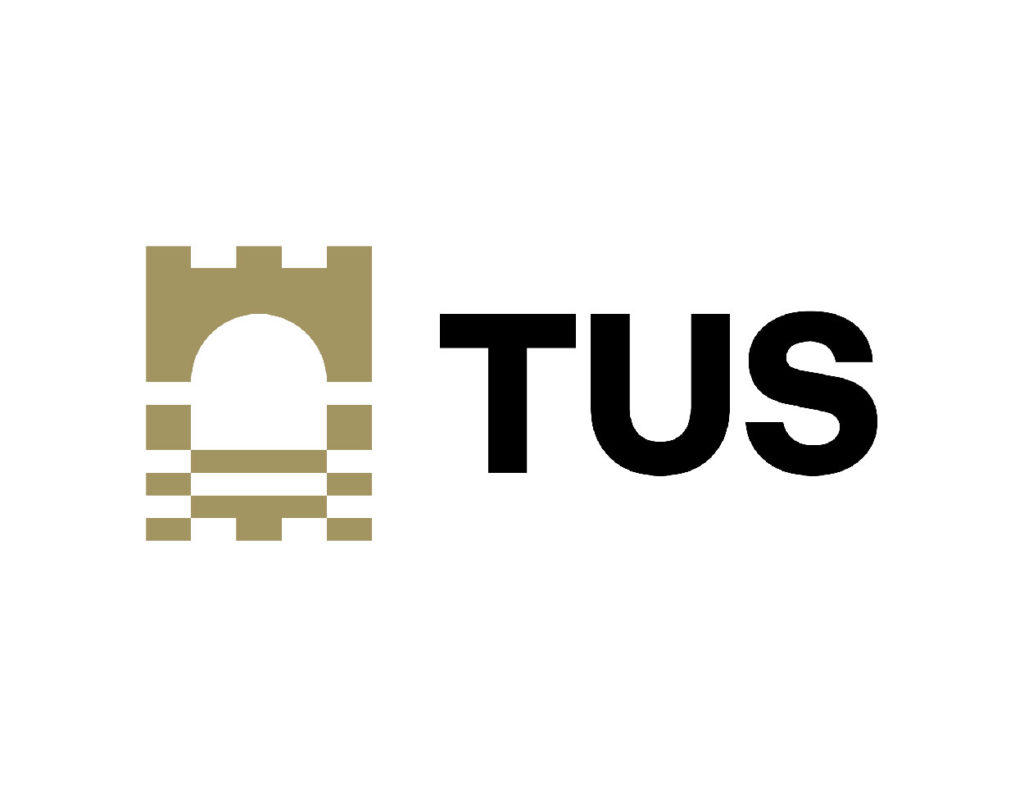
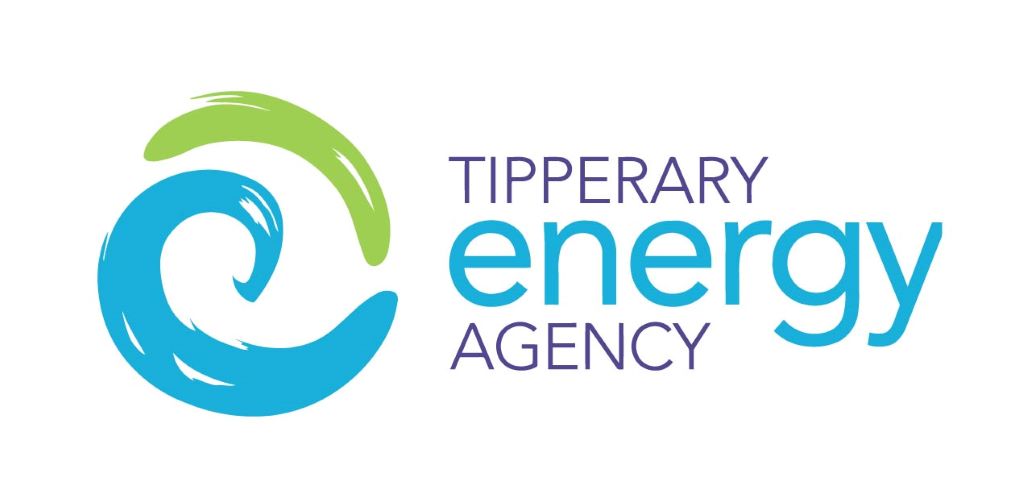
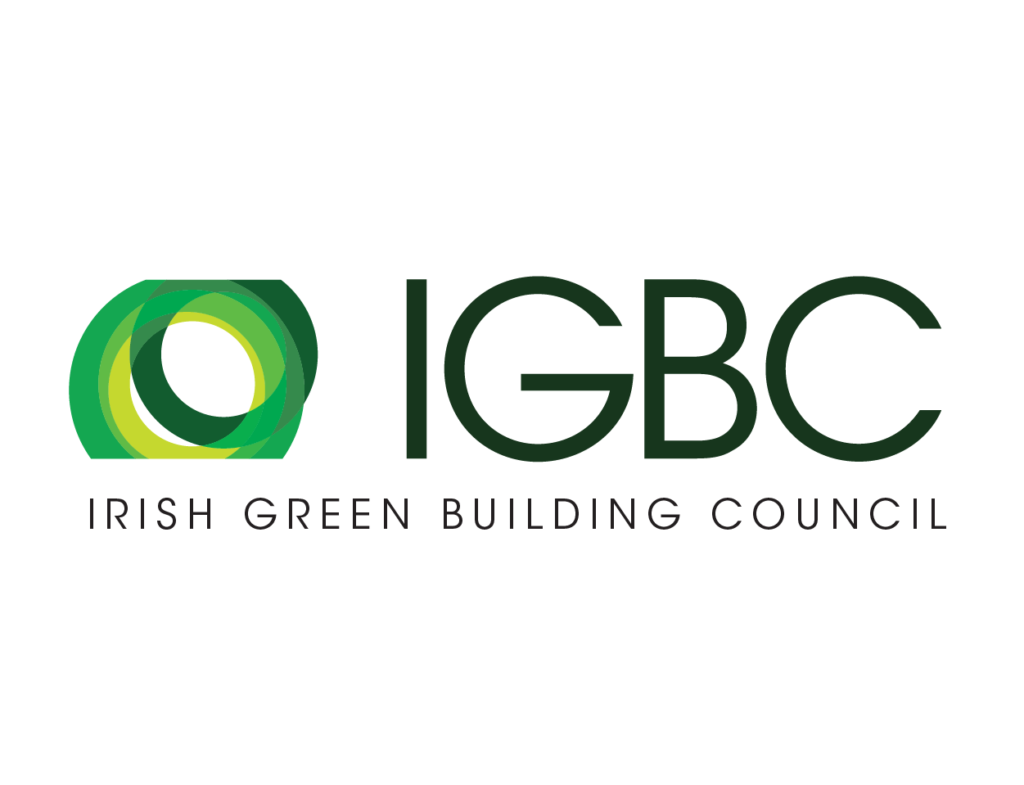
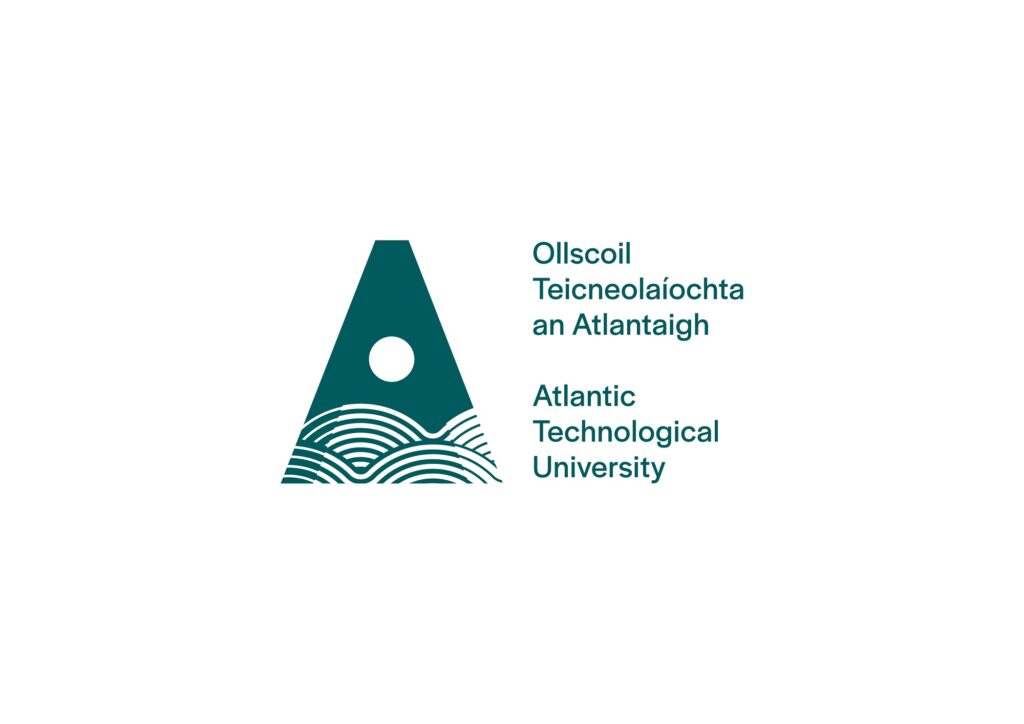
Frequently Asked Questions
All successful applicants will qualify for DASBE funding once the applicant is domiciled in the EU. A student’s domicile is the country of permanent address prior to entry to their programme of study. If a student is resident in Ireland for 3 out of the 5 years previous to registering for their current course, then the domicile is considered to be Ireland.
All successful applicants will qualify for DASBE funding once the applicant is domiciled in the EU. A student’s domicile is the country of permanent address prior to entry to their programme of study. If a student is resident in Ireland for 3 out of the 5 years previous to registering for their current course, then the domicile is considered to be Ireland.
DASBE (Digital Academy for the Sustainable Built Environment) is a hub for upskilling, capacity building and education in the construction sector. The DASBE Consortium provides blended education in critical areas needed to upskill the construction and retrofit sectors.
DASBE is offering the construction industry a range of subsidised courses in Energy Efficiency, Circular Economy and Digitalisation.
For more detailed information, see the About page.
A module is a particular unit of study on a particular topic e.g. Maths or Web Development 1. Each module has a number of credits and a defined schedule for delivery.
A programme is made up of one or more modules and a student completes the individual modules to complete a programme e.g Higher Diploma in Business Management or Certificate in Near Zero Energy Buildings. The Award is what the student receives having completed their full programme of study e.g. Pass or Distinction.
On selecting your preferred programme, you will be provided with an option to contact the registering body for that programme.
Within the educational environment, the terms, “Course” and “Programme”, are often used interchangeably. However, there are some differences in their meanings:
A Course: This is usually a unit of study focused on a specific topic or subject. It is typically a short-term learning experience that lasts from a few weeks to a few months. Courses are usually taken as part of a larger programme or degree, but can also be taken independently.
Courses provide opportunities to develop current knowledge and learn new skills through facilitated learning and activities.
A Programme: A programme is a set of courses that are designed to achieve a specific educational goal. They are usually more comprehensive and structured form of learning experience, that typically takes place over a longer period of time than a course. In addition, these lead to formal accreditation in the form of Certificate, Diploma, or Degree award.

